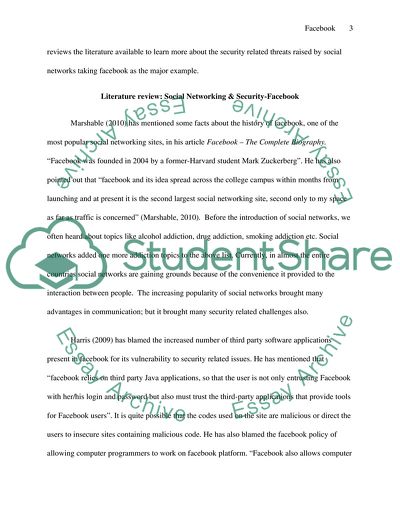Cite this document
(“Social Networking & Security: Facebook Literature review”, n.d.)
Social Networking & Security: Facebook Literature review. Retrieved from https://studentshare.org/information-technology/1741012-digital-economy-literature-review-social-networking-security
Social Networking & Security: Facebook Literature review. Retrieved from https://studentshare.org/information-technology/1741012-digital-economy-literature-review-social-networking-security
(Social Networking & Security: Facebook Literature Review)
Social Networking & Security: Facebook Literature Review. https://studentshare.org/information-technology/1741012-digital-economy-literature-review-social-networking-security.
Social Networking & Security: Facebook Literature Review. https://studentshare.org/information-technology/1741012-digital-economy-literature-review-social-networking-security.
“Social Networking & Security: Facebook Literature Review”, n.d. https://studentshare.org/information-technology/1741012-digital-economy-literature-review-social-networking-security.


